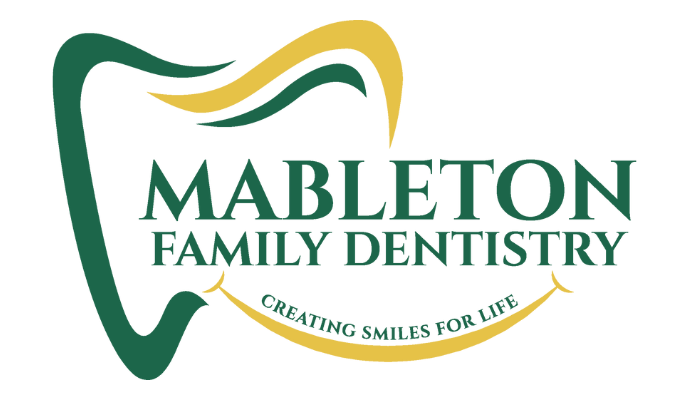How To Choose The Right Toothbrush
How To Choose The Right Toothbrush To Optimize Your Oral Health
Brushing your teeth is one of the most critical daily routines for maintaining optimal oral health. To have healthy teeth and gums, your toothbrush’s quality and cleanliness rely on your oral health routine. With so many types of toothbrushes and bristle types, it can be difficult for some to choose the right toothbrush for their oral health. Today, we will explain how to choose the right toothbrush to optimize oral health, educate about certain toothbrush features, and debunk myths surrounding toothbrushes.
Bristle Type
Choosing the right toothbrush bristle type is essential because it can help prevent tooth decay and gum disease. There are three types of toothbrush bristles – soft, medium, and hard. For most people, a soft-bristled toothbrush is ideal because it is gentle on the gums and teeth. However, if you have gum recession or Periodontitis, we recommend using ultra-soft toothbrush bristles. Hard-bristled toothbrushes can cause damage to the enamel of your teeth. Nationally, we recommend that you choose soft bristled toothbrushes for your oral health to prevent injury.
Electronic Toothbrushes
An electronic toothbrush is a great investment for oral care, especially for those who have difficulty brushing their teeth using a manual toothbrush, have gum disease, or wear braces. Electronic toothbrushes come with many features that help improve oral care, such as pressure sensors, timers, and different modes of vibration. Electronic toothbrushes are particularly helpful in breaking down stubborn plaque build-up that is difficult to remove with a manual toothbrush.
Toothbrush Head
Toothbrush heads should be small enough to reach all areas of your mouth. In addition to the size, choose toothbrush heads that can be tilted at an angle of forty-five degrees to clean along the gum line. If the toothbrush head is too large, you may not be able to brush the back of your mouth, and if it is too small, it may take too long to remove all the plaque from your teeth.
Toothbrush And Orthodontics
If you wear braces or any other orthodontic device, your toothbrush’s bristle type and size matter. Soft-bristled toothbrushes are recommended because they are gentler on the orthodontic device and the soft tissues of your mouth during the orthodontic treatment. Orthodontic patients should also use a V-shaped toothbrush, which helps clean around wires and brackets more efficiently.
Contact Us Today!
Oral health is important for overall well-being. Choosing the right toothbrush can maximize your oral health routine’s effectiveness. At Mableton Family Dentistry, we have the knowledge, skill, and expertise to help you determine which toothbrush and oral care products are best for your oral health. Contact us today to schedule a consultation and learn more about oral health care.
